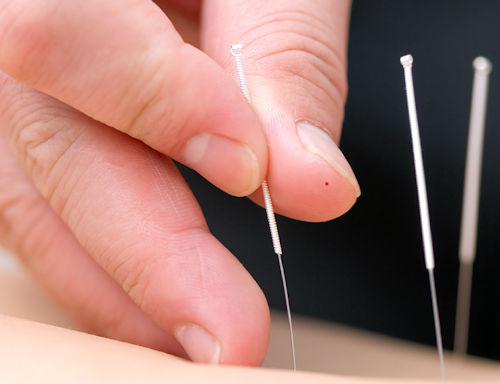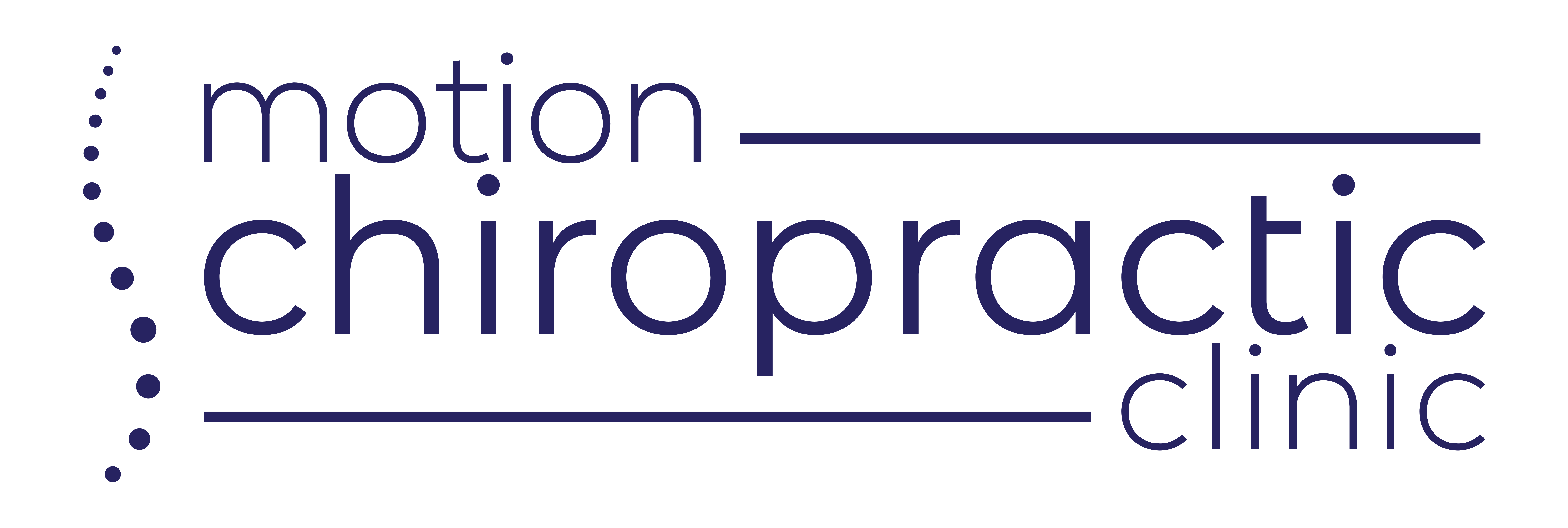Empowering Wellness, Restoring Motion.
Dry Needling
We use dry needling to relieve muscle tension, reduce pain, and support faster recovery from injury or overuse.
This technique targets tight muscle fibres and trigger points using fine, sterile needles inserted into the skin. By stimulating a healing response and releasing built-up tension, dry needling helps restore movement, reduce local and referred pain, and improve performance across a wide range of conditions.
Call Motion Chiropractic Clinic on 0478 371 770 to book your session and experience the benefits of clinical dry needling.
Dry Needling May Help You With:


Muscle Tightness
Muscle tightness limits movement, causes fatigue, and contributes to poor posture and discomfort. While stretching and massage offer relief, they may not reach the deeper layers where tension builds up over time.
Dry needling works directly on stubborn, overactive muscle fibres. When the needle enters a trigger point, it causes a brief contraction, followed by a release. This allows the muscle to reset and relax, improving flexibility and relieving pressure on nearby joints and nerves.
Trigger Points
Trigger points are small, hyper-irritable knots in muscle tissue. They often cause sharp local pain or referred symptoms in seemingly unrelated areas. For example, a trigger point in the shoulder may lead to headaches or arm tingling.
We use dry needling to deactivate these trigger points. The needle stimulates blood flow, flushes out local waste products, and helps calm irritated nerves. As the tissue resets, pain decreases and muscle function improves, often within a few sessions.
Sports Injuries
Soft tissue injuries are common in sport, from minor strains to chronic overload. Tight, fatigued muscles are more prone to injury and slower to recover if not treated properly.
Dry needling helps athletes by reducing tension, promoting blood flow, and accelerating healing in overworked or injured areas. It’s particularly useful for calf strains, hamstring tightness, gluteal pain, and shoulder restrictions, especially when used alongside soft tissue therapy and exercise rehab.
Chronic Muscle Pain
Chronic muscle pain can develop from poor posture, past injuries, repetitive strain or long-term inactivity. Over time, muscles may become stiff, fatigued and hypersensitive, leading to ongoing discomfort and reduced movement.
Dry needling targets the source of this tension. By releasing deep muscular knots and calming overactive nerves, we help the body reset. For many chronic pain clients, it provides relief where other treatments haven’t been effective.t you love, pain-free and confident.
Ready to release tight muscles and reduce pain naturally?
Call Motion Chiropractic Clinic on 0478 371 770 or book online to schedule your dry needling appointment today.
Dry Needling FAQS
No. Dry needling and acupuncture both use fine needles, but the techniques are different. Dry needling targets muscle tension and trigger points using a Western musculoskeletal approach, while acupuncture is based on traditional Chinese medicine principles. You may feel a short, sharp twitch or mild cramp when the needle hits a trigger point. Some people experience temporary soreness afterwards, but most describe the treatment as tolerable and the results as worthwhile. It depends on your condition and how your body responds. Some clients feel immediate relief, while others need several sessions as part of a broader treatment plan. We’ll assess and adjust your care based on your progress. Most people can receive dry needling safely. However, we’ll assess your medical history first. It's not recommended during pregnancy or for clients with certain health conditions, bleeding disorders or needle sensitivities. Yes. When performed by trained practitioners, dry needling is a safe, evidence-based treatment. We use sterile, single-use needles and follow strict hygiene protocols at every session. Absolutely. Dry needling often works best when combined with soft tissue therapy, exercise rehab or chiropractic care. We’ll tailor your plan to your needs and integrate treatments for the best outcome. Is it the same as acupuncture?
Does the procedure hurt?
How many sessions will I need?
Can anyone have dry needling?
Is it safe?
Can it be combined with other treatments?

